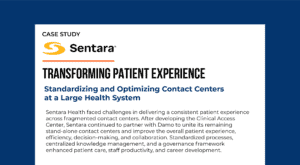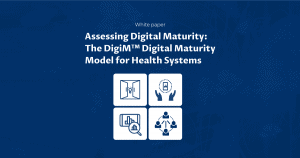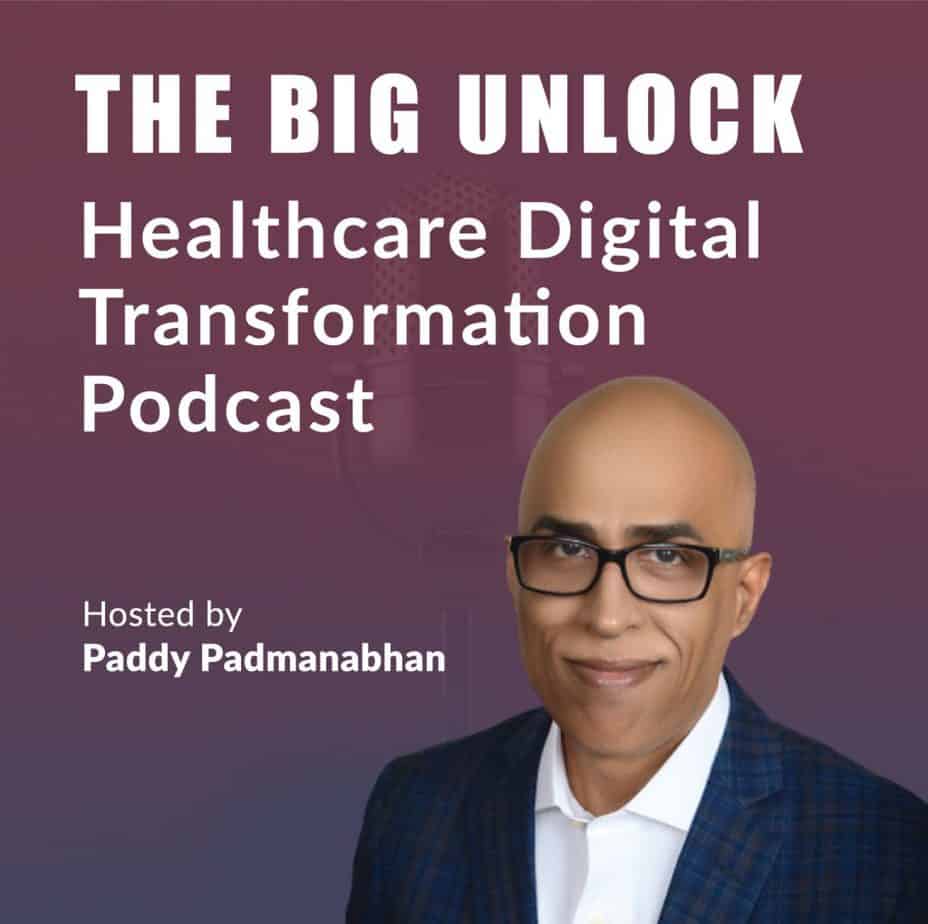How Blockchain Can Address the Two Biggest Challenges in Healthcare IT
The potential for blockchain to improve healthcare operating efficiencies is significant. The recent spate of blockchain initiatives in healthcare has to demonstrate tangible benefits before we can see significant change in adoption levels.

A recent study on blockchain adoption in health care by Blackbook Market Research indicated that a large percentage of payers surveyed, and a small but growing percentage of providers, were either considering deploying, or were in the process of implementing, some blockchain solution sets. Blockchain appears to have moved from the awareness and education phase to actual deployment of solutions.
“Blockchain can solve two of the biggest problems in health care today,” says Lidia Fonseca, CIO of Quest Diagnostics, a leader in lab testing services. She is referring to the gnarly issues of interoperability and data quality. While data quality has long been an issue in health care, the interoperability challenge is a legacy of the massive digitization of patient medical records over the past eight years which have left us with proprietary electronic health record (EHR) systems that don’t “talk” to one another. The result is inefficiency and waste, as stand-alone information systems slow down processes and create redundant work.
Taking a look at the health care blockchain pioneers
Some technology solution providers, including IBM and Change health care, along with a number of other companies listed in the Blackbook Research study, have made initial moves in establishing blockchain capabilities and launching solutions. Federal agencies such as FDA and CDC have expressed interest in applying blockchain to find solutions for public health issues.
Amazon, with its long-awaited entry into health care, recently announced the launch of blockchain templates for health care, aimed at making it easier for developers to create blockchain-based projects and deploy blockchain networks via open source frameworks. In a sense, Amazon has started the democratization of the blockchain-enabled application development, something we saw before with machine learning algorithms in the wake of the big data and analytics hype a few years ago.
A group of large health care enterprises, including large payers such as Humana and United Health Group (UHG), along with Quest Diagnostics, UHG subsidiary Optum, and Multiplan Health recently came together to launch a blockchain pilot program to solve for one of the most significant data challenges in health care today – provider data management. Provider data, a fundamental enabler for all manner of health care transactions, is a key building block for processing claims and maintaining up-to-date provider directories. Today, most provider data is stored in siloed and independent databases. Provider data quality is estimated to be a $2.1 billion problem today, according to a report by CAHQ, a non-profit alliance focused on creating shared initiatives to streamline the business of health care. By streamlining the inefficiencies in provider data maintenance, participants can have a “single source of truth.” It is estimated that up to 75 percent of provider data management costs can be eliminated using blockchain solutions.
What it will take for blockchain initiatives to succeed
While blockchain is coming of age in health care, we’re still in early stages of the hype cycle for blockchain. The initial mania around bitcoin, the very first use case for blockchain, is now giving way to more carefully considered use cases for business with tangible benefits. Health care, a sector that generally lags in the adoption of technologies, is currently in a wait-and-watch mode; notwithstanding the high levels of interest among payer organizations, the Blackbook survey also points to low levels of interest among health systems, citing the undetermined cost of blockchain solutions as the major issue that stops health system executives from committing to a timeframe for deploying the technology. Our best hope is that the early pilots will bring tangible proof points and provide more confidence to the industry in the technology.
Health care is a team sport and so is blockchain. The more participants there are in a blockchain network, the better it is for the network and the industry. Pilot programs such as the provider data management initiative by Quest Diagnostics and others will need a much higher level of participation across the industry to reap the benefits of the network effects.
As with most transformative technologies, the big challenge is usually not the technology; it’s managing culture and workflow changes, driving collaboration, and an execution focus. In blockchain, there is an added dimension of a commitment and willingness to work across company boundaries, which is an entirely new paradigm for most health care enterprises.
In a unique development, a group of health care industry executives has come together to launch a peer-reviewed blockchain journal to share both the positive and the negative experiences with blockchain in health care.
The potential for blockchain to improve health care operating efficiencies is significant. High-value use cases include revenue cycle management, supply chain, clinical trials, and provider data management. The initial pilots will need to demonstrate the real benefits of the technology and lead to higher adoption of blockchain in the coming year.
Originally published on CIO.com














